Make your kitchen more colorful with these natural spices.
Let me tell you a story.
When I was a kid, My mom used to cook spicy foods always because my dad was in love with spices. Because of that reason, I know how spices taste but I was avoiding spices as much as possible since I don’t really like that burning flavor in my mouth. So constantly stayed with smooth nourishments (Pasta, Sandwiches, Cheddar, Milk Rice.. etc) instead of spices.
Now I’m happily married for three years and during my first year, I began to realize that spices are not just my dad’s favorite! (Duh!). All the men are the same and they all have the craving for that weird burning sensation in their mouth! Honestly, I can’t really complain because even I’m beginning to realize the importance of spices and herbs now. Actually, a part of me feels ashamed of being “Afraid” of Spices as a Sri Lankan.
Finally, I have decided to study more about Herbs and Spices because as a good wife and a mother (Soon-to-be) I want what’s best for my family. As a result of that, I have gained a lot of knowledge regarding different spices and herbs which I’m gonna share with you guys.
Let’s start the list. :)
1. Cinnamon
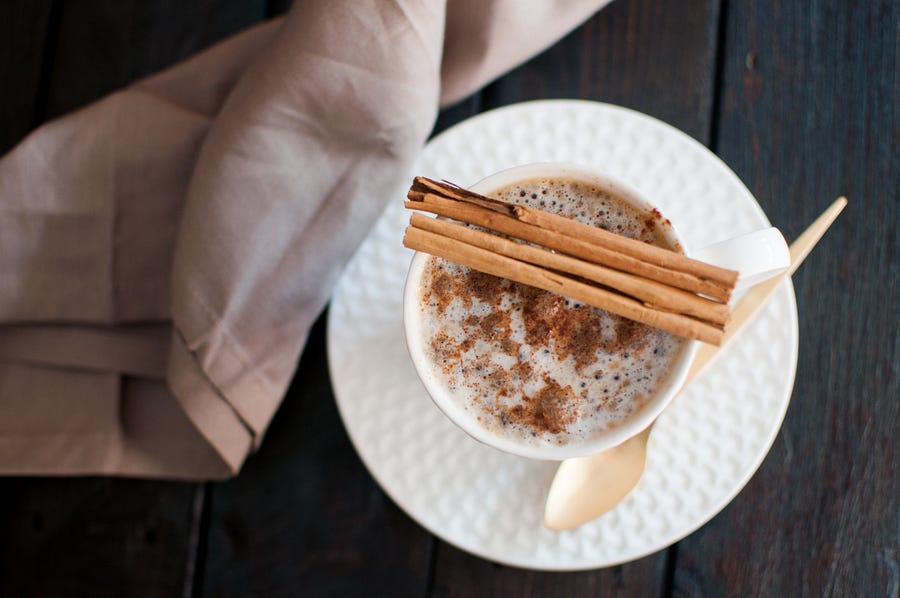
Cinnamon is a highly delicious spice. Cinnamon may improve some key risk factors for heart disease, including cholesterol, triglycerides and blood pressure.
Cinnamon has been shown to significantly increase sensitivity to the hormone Insulin. Cinnamon may have protective effects against cancer.
Cinnamon has antifungal and antibacterial properties, which may reduce infections and help fight tooth decay and bad breath.
Cinnamon makes an outstanding flavor additive for desserts, beverages, and fruits. and it can be used in place of sugar.
Here's a some good desert examples using Cinnamon:
2. Turmeric
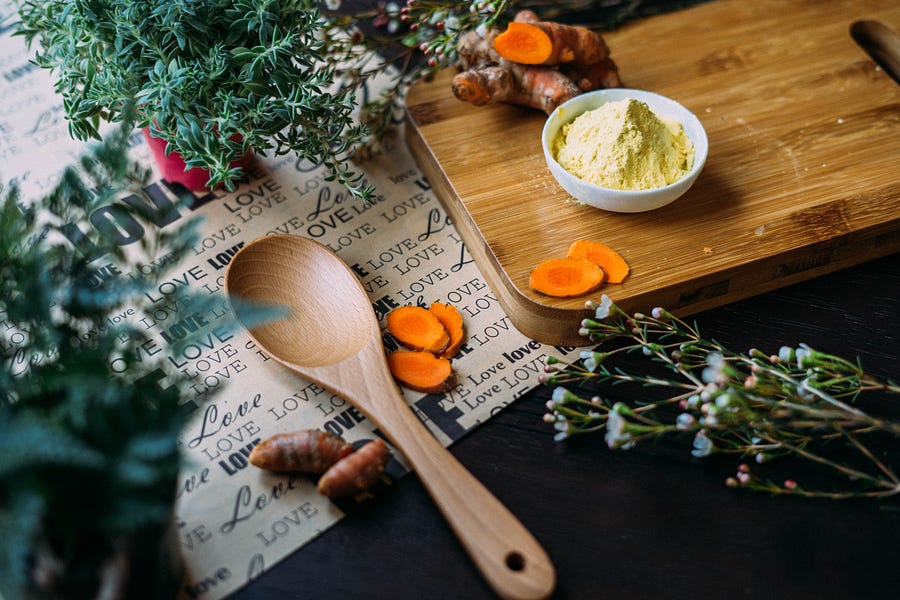
Turmeric is hailed for helping a host of conditions such as high cholesterol, hay fever, depression, gingivitis, premenstrual syndrome, and even hangovers!
In Ayurvedic medicine, it is believed to act as an antiviral, antibacterial and antiparasitic, and has long been used to help with diabetes, pain, rheumatism, osteoarthritis, memory and skin conditions like eczema.
Turmeric can give a mellow hearty flavor that mixes well with different flavors.
particularly Indians and Sri Lankan peoples use Turmeric commonly when making curries.
3.Garlic
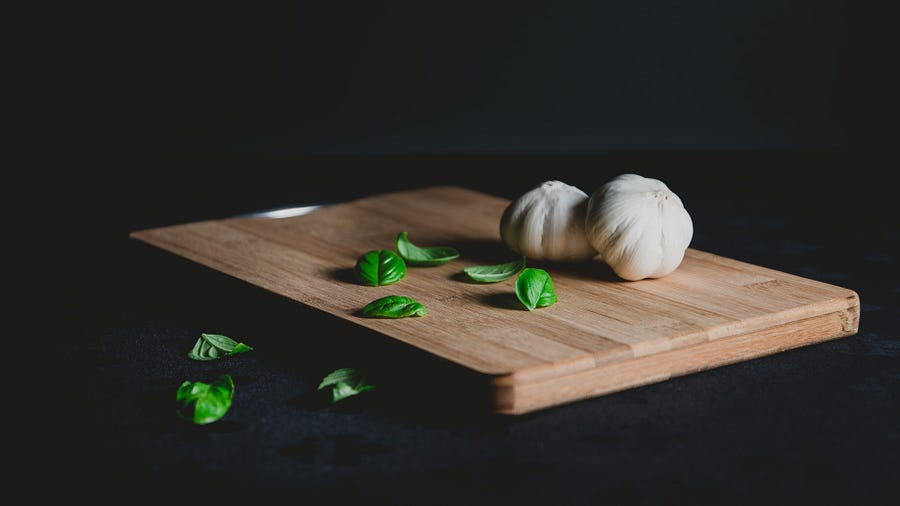
Garlic grows in many parts of the world and is a popular ingredient in cooking due to its strong smell and delicious taste. Garlic is low in calories and rich in vitamin C, vitamin B6, and Manganese. It also contains trace amounts of various other nutrients.
Garlic supplements help prevent and reduce the severity of common illnesses like the flu and common cold. Garlic contains antioxidants that protect against cell damage and aging. It may reduce the risk of Alzheimer’s disease and dementia.
Garlic is delicious and easy to add to your diet. You can use it in savory dishes, soups, sauces, dressings, and more.
Is there anything better than the scent of a few garlic cloves cooking away on the stovetop? Except for a whole head of…www.bonappetit.com
4. Mint
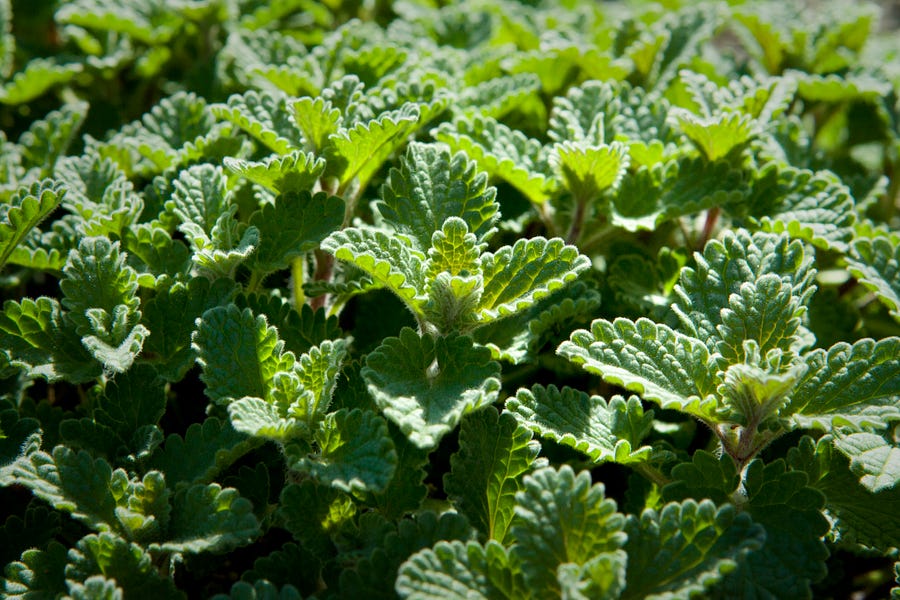
Mint is a popular ingredient in several foods and beverages, ranging from teas and alcoholic drinks to sauces, salads, and desserts. The world “mint’’ comes from the ancient Greek word “mintha”- Although not typically consumed in large quantities, mint contains fair amounts of several nutrients and is an especially good source of vitamin A and antioxidants.
Breath mints and chewing gum can mask foul smells for a couple of hours but aren’t an optimal long-term solution for bad breath. Peppermint tea and chewing on mint leaves may be more beneficial in reducing bacteria that cause bad breath.
Mint is a terrific herb to keep around the kitchen - or to grow on your own! It's very hearty. (Just keep it away from…www.thekitchn.com
5.Cardamom
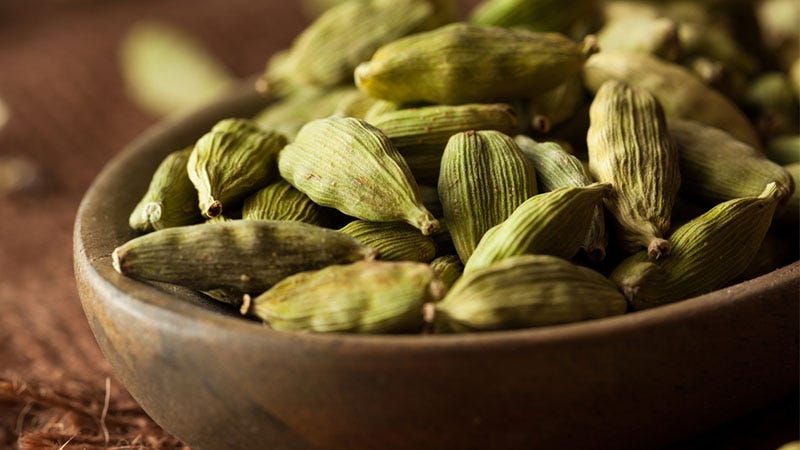
Cardamom is an ancient remedy that may have many medicinal properties. studies show that cardamom may help fight tumors, improve anxiety, fight bacteria, and protect your liver, though the evidence in these cases is less strong. It may lower blood pressure, improve breathing, and aid weight loss.
Adding cardamom to your cooking may be a safe and effective way to improve your health.
Using spices like cardamom really helps me think outside the box and play with new flavors and cuisines that I normally…www.cookingchanneltv.com
6.Black Pepper
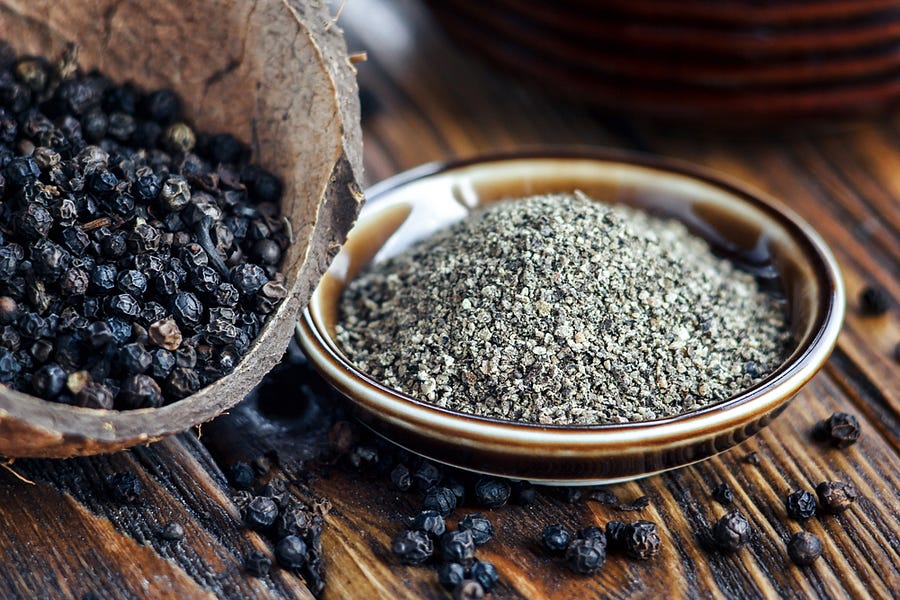
Black pepper and its active compound piperine may have potent antioxidant and anti-inflammatory properties. Laboratory studies suggest that black pepper may improve cholesterol levels, blood sugar control, and brain and gut health.
This versatile flavor-enhancer is worth adding to your daily cooking routine, as its bold flavor is a great addition to almost any dish.
Here’s one of my favorite recipes of all time.
Beef, garlic, and pepper go fantastically together in any cuisine. The garlic and pepper sauce in this weeknight…www.goodfood.com.au
7. Hot pepper
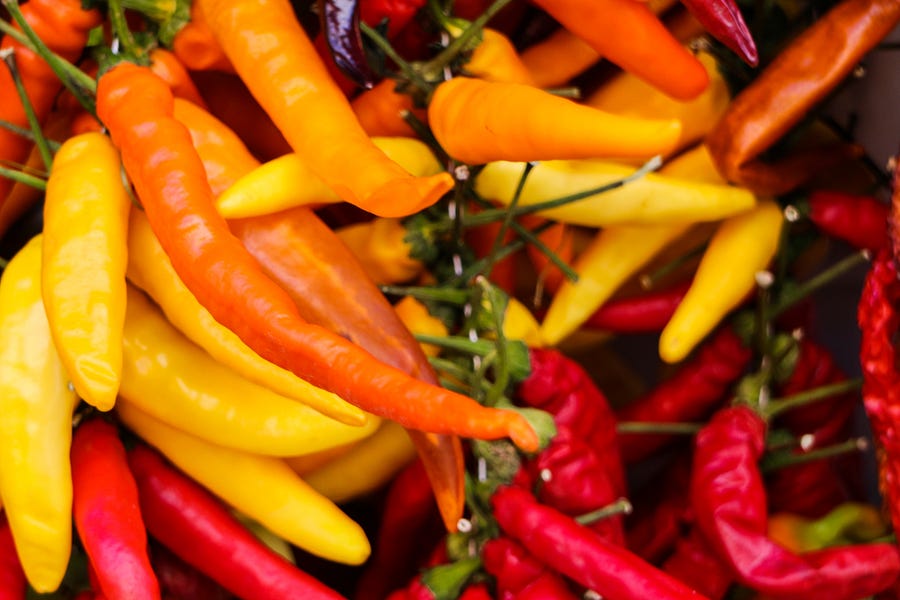
Hot peppers are a popular spice in the world and well known for their hot, aromatic flavor. They are rich in vitamins, minerals, and various unique plant compounds.
Hot peppers aid the circulatory system and prevent heart disease by lowering blood serum cholesterol and reduces lipid deposits, and therefore, reverses excessive blood clotting.
Hot peppers also have been studied as a holistic method for weight loss. Due to the anti-inflammatory benefits of capsaicin, hot peppers can help prevent allergies and symptoms from allergies.
In the mood for spicy food? These hot pepper recipes bring the heat! Add jalapeno poppers, spicy salsa, and more to…www.tasteofhome.com
8.Ginger
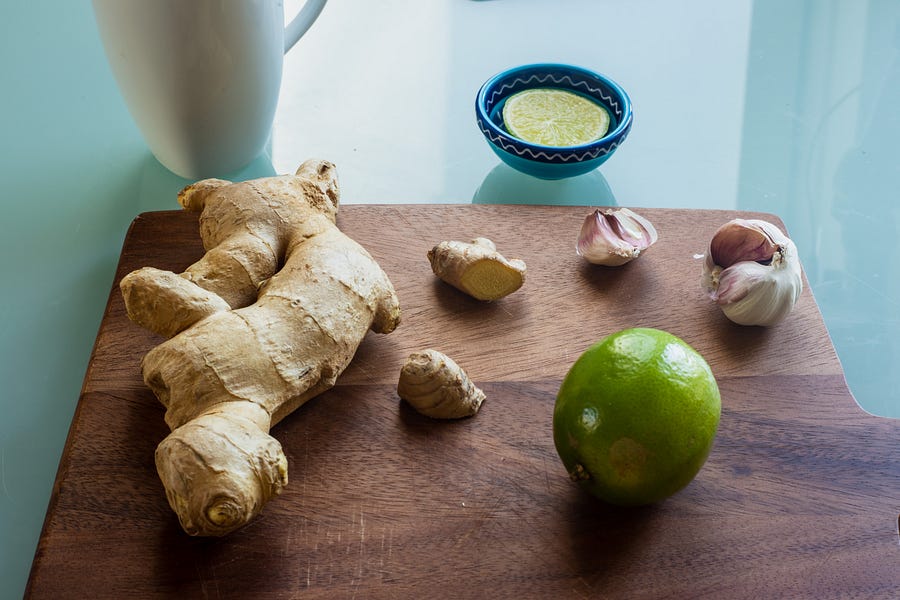
Ginger is a popular spice used in several forms of alternative medicine.
Studies have consistently shown that 1 gram or more of ginger can successfully treat nausea. Ginger also appears to have strong anti-inflammatory properties and can help with pain management.
One study in subjects at risk for colon cancer found that 2 grams of ginger extract per day decreased markers for colon inflammation in the same way as aspirin.
And also Ginger consumption can be protective against heart disease. you can use ginger with your tea in your day to day life.
Ginger tea may also help alleviate headaches, menstrual cramps, sore muscles, and other types of pain.
Not quite spicy, not quite sweet, ginger has a truly distinctive flavor that plays the same role as your wacky college…www.bonappetit.com
9.Fenugreek
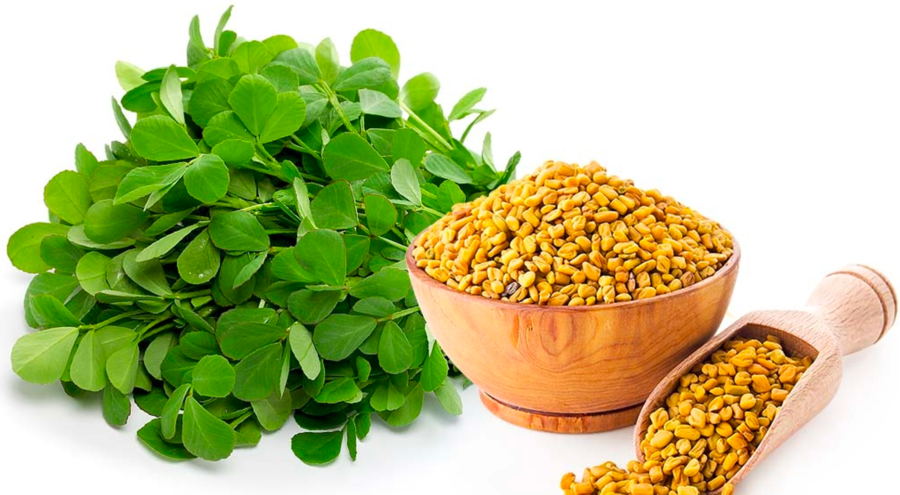
Fenugreek is an herb in the same family as soy. People use its fresh and dried seeds, leaves, twigs, and roots as a spice, flavoring agent, and supplement.
Some studies show that fenugreek may have varied health benefits.and its Fenugreek may be able to help reduce the risk of Cancer, Diabetes, Obesity, High cholesterol, high blood pressure, heart conditions, bacterial, fungal, and viral infections.
A small, annual herb with flat brown seeds often used in curry spice mixes, and in panch phora, a seed mix added to…www.sbs.com.au
10. Mustard
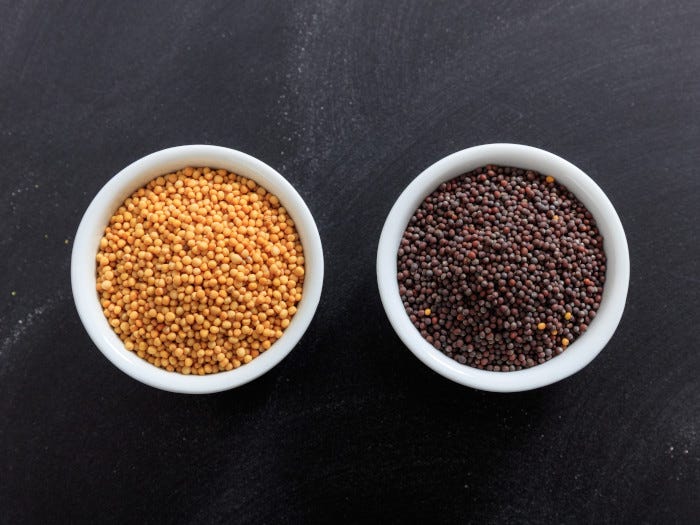
The mustard plant is rich in a variety of nutrients. Both its seeds and leaves are edible, making it a versatile addition to your diet. Mustard paste is a low-calorie way to add flavor and a dash of nutrients to your meals.
Mustard leaves contain significant amounts of calcium, copper, and vitamins C, A, and K. And seeds contain particularly rich in fiber, selenium, magnesium, and manganese, omega-3.
Mustard helps with cancer prevention and it can manage symptoms of asthma, arthritis, high blood pressure, and migraines. Mustard helps in reducing the cholesterol levels of the body.
Dried yellow mustard gives a nice flavor when added as a seasoning in salad dishes, mayonnaise, and dips. Yellow mustard is also used for preparing condiments such as table mustard.
Whole mustard seeds give flavoring to pickles and dips. It serves wonderfully as cooking oil for deep frying or preparing stir-fry vegetables.
Have you met our favorite condiment, mustard? We thought you had. It's sharp, reliable, and ready to tackle whatever…www.bonappetit.com
I hope you all have enjoyed the article so far and I thank you for staying with till the end. In the meantime, I hope you’ll like a couple more health-related articles.
8 simple tips to boost your personality by taking care of your body.











1 Comments
Great article! I love how you’ve highlighted so many everyday herbs and spices that not only add flavor but also support our overall well‑being from cinnamon and turmeric to fenugreek and mustard. It’s a great reminder that simple kitchen ingredients can do so much more than just season our food. I also appreciate how these herbs have diverse benefits, like supporting digestion, boosting metabolism, and even acting as a natural appetite booster when used mindfully. Thanks for sharing these practical insights I’m inspired to explore more ways to include these spices in my daily cooking!
ReplyDelete